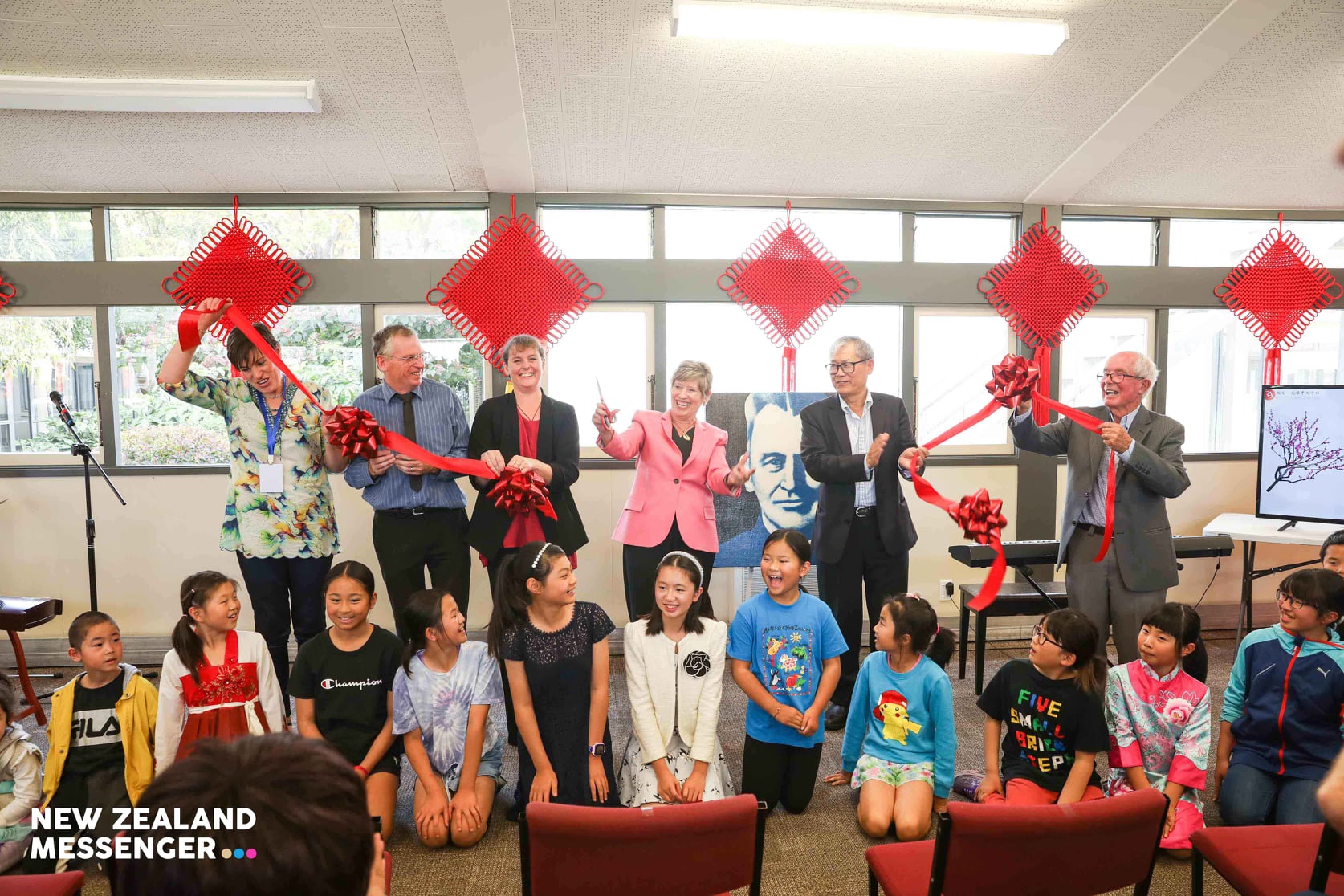By Wang Zhijian, Chinese Consul General in Christchurch
The treatment of ethnic minorities in Xinjiang Uyghur Autonomous Region by the Chinese government has become a convenient target of some Western politicians. They are even alleging China has committed genocide against the Uyghurs. Ironically, the genocide of indigenous Indians in the US history committed by successive American governments seemed to have turned page for the firm “human rights defender”.
It is easy to point fingers. Such scaremongering and “presumption of guilt” propaganda campaign on China is deceptive as most Westerners have never visited Xinjiang or even China. Fake news from some Western medias have intensified false images of China. In this sense, the truth of the Xinjiang issue should be made known clearly through looking at the facts.
The Uyghur population in Xinjiang has doubled since 1978 and has increased 25.04% from 2010 to 2018, reaching more than 12.7 million. Such a growth rate is much higher than that of ethnic Han population during the same period, which is only 2%. It is hard to imagine how this population growth could have continued if “genocide” or forced sterilization had been implemented in the Uyghur community.
It is also worth noting that no terrorist acts have occurred in Xinjiang during the past four years. It is remarkable considering the spillover effects of Islamic extremism to Xinjiang from neighboring Afghanistan that have fueled the “East Turkistan” insurgencies after the “9.11” incident. As a reflection of public confidence, the number of domestic and international tourists to Xinjiang reached 213 million in 2019, increasing by 41.96%.
China has sought to eradicate the root causes of terrorism and extremism through taking precautions and preventive measures, following the United Nations guidelines and drawing from international common practice. To prevent those influenced by extremist ideologies or with minor criminal records from being marginalized in society, the vocational education and training institutions have been established to offer education of laws and occupational skills training.
Such programs are similar to the community correction facilities in the US, the disarmament, demobilization, and reintegration (DDR) project in the UK and the de-extremization centers in France. All Uyghur trainees have completed their courses by October, 2019, and secured stable jobs for their future.
In fact, ethnic regions have benefited from long-term favorable policies. The subsidy to Xinjiang from the central government in 2018 amounted to 43.1billion US dollars. All the villages in Xinjiang have been connected to motorways, electricity grids and broadband internet. The average disposable income of Xinjiang residents has increased 9.1% annually from 2014 to 2019 with more than three million new government -subsidized housing units provided.
Religious freedom and cultural customs have been preserved by laws. There are now 24.4 thousand mosques in Xinjiang, ranked high in the world. In the face of the pandemic, necessary sanitary measures have been taken to ensure Muslims could visit mosques in Ramadan to make routine prayers. And like other ethnic groups, younger Uyghur generations are entitled by law to learn and use their ethnic languages.
The door of Xinjiang remains wide open to the world. More than 1000 officials, diplomats, journalists and religious representatives from more than 90 countries have visited Xinjiang since the end of 2018. Last year, nearly 50 countries including more than 20 Arabic countries made joint remarks on the Xinjiang issue at the UN Human Rights Council and UN General Assembly, endorsing China’s achievements in de-extremization.
There should be no double standards on human rights. It is unwise to find fault with others with magnifying glass while neglecting problems of their own. The US systematic racism has been further exposed by the recent “Black Lives Matter” movement. The world needs to keep a close eye on the ulterior motives of these so-called “human rights defenders” behind their ungrounded blame on China.
Terrorism and extremism are common enemies of mankind. New Zealand has also fallen victim in the Christchurch mosque attacks. No extremist ideology should be given room to ferment. To create social and ethnic harmony, the international community needs to make joint efforts in the cause of anti-terrorism and de-extremization. Geopolitical factors should not stand in the way.










